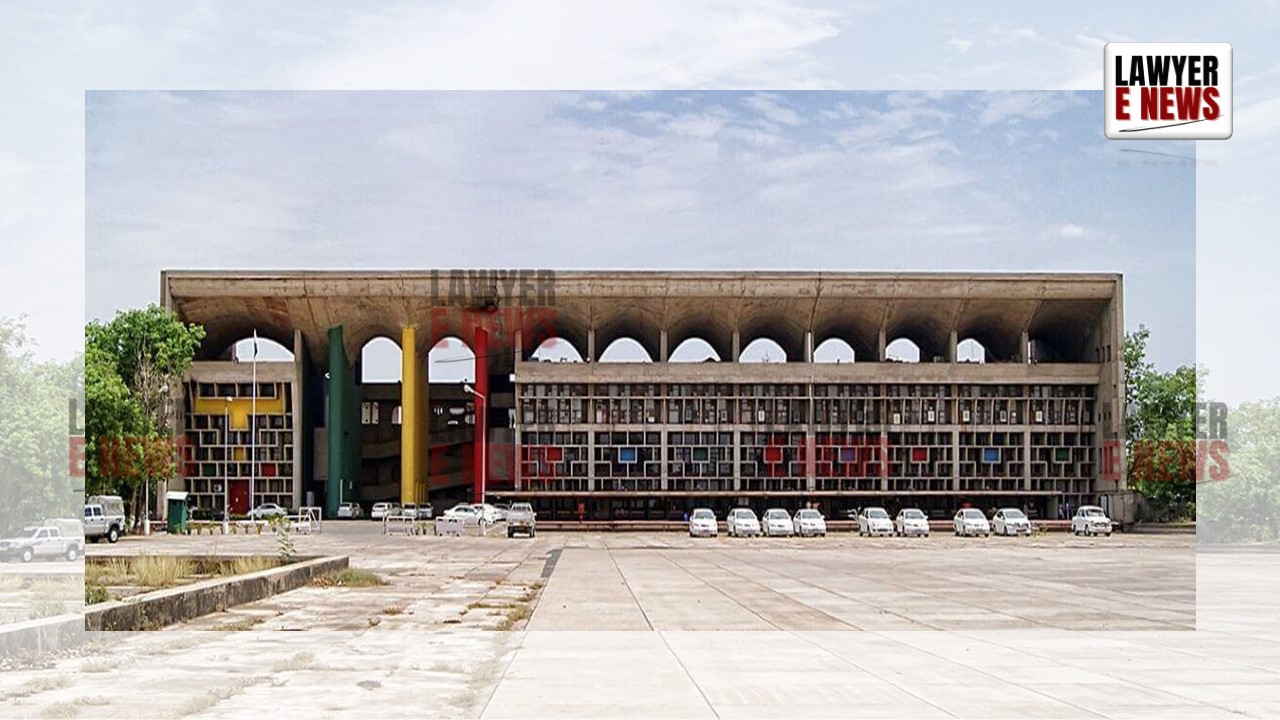-
by Admin
15 February 2026 5:01 PM



In a landmark judgment, the High Court of Punjab and Haryana, presided by Justice Pankaj Jain, has reversed the decision of the lower appellate court, restoring the trial court's decree in favor of Sona Devi and another. The case, arising from a dispute over inheritance of ancestral property, underscores the legal principle that daughters are entitled to inherit their father's estate, rejecting the claims of adverse possession by the defendants.
The case centers on the estate of Prithi Singh, who died intestate in June 1943, leaving behind his widow Aan Kaur and two daughters, the plaintiffs Sona Devi and another. The land in question is situated in the village of Kohla, Tehsil Gohana, District Rohtak (now Sonepat). After Prithi Singh's death, the mutation of the estate was sanctioned solely in favor of Aan Kaur. However, following her remarriage in a Krewa form to Dhup Singh (defendant No.4), her rights were forfeited, leading the plaintiffs to claim ownership and possession of the land.
In 1984, the defendants ceased sharing the produce of the land with the plaintiffs, asserting ownership based on a mutation sanctioned in their favor in 1962. The trial court initially ruled in favor of the plaintiffs, declaring them co-sharers and owners of the property. However, the lower appellate court overturned this decision, accepting the defendants' claim of adverse possession.
The High Court reaffirmed the plaintiffs' rights as legal heirs to their father's estate, highlighting the established legal principles and customary laws supporting daughters' inheritance rights. Justice Jain noted, "It is idle to suggest that a daughter is not an heir to the self-acquired property of her father. The Customary Law of the Punjab universally recognizes this right."
Justice Jain critically examined the lower appellate court's acceptance of the defendants' adverse possession claim, finding a lack of specific pleading and proof regarding when and how the possession became hostile to the plaintiffs. "The defendants were required to plead and prove the exclusion of the plaintiffs. There being no evidence on record, the present appeal deserves to be accepted," he remarked.
The judgment extensively discussed the relevance and interpretation of customary laws concerning inheritance. Refuting the defendants' reliance on the Customary Law of Rohtak, Justice Jain cited the High Court's previous rulings that recognized daughters' inheritance rights regardless of gender. "Sex is no bar to representation," he emphasized, referencing the Full Bench judgment in Charan Singh Harnam Singh vs. Gurdial Singh Harnal Singh and other precedents.
The court's reasoning hinged on the principles of inheritance and adverse possession. It reiterated that daughters are rightful heirs under customary law and that adverse possession claims must be substantiated with clear evidence of hostile possession. The absence of such evidence led to the reversal of the lower court's findings.
Justice Jain observed, "There is no reason for this Court to interfere in the findings recorded by both the Courts below on Issue Nos. 2 and 3," underscoring the plaintiffs' rightful claim to the property. Addressing the adverse possession claim, he stated, "The observation made by lower Appellate Court w.r.t. there being admitted case that the defendants stand ousted since the year 1944 has no basis."
The High Court's decision reinforces the legal standing of daughters in inheriting ancestral property and clarifies the stringent requirements for proving adverse possession. This judgment not only upholds the rights of the plaintiffs but also sets a significant precedent for future inheritance disputes, particularly those involving gender-based claims. The restoration of the trial court's decree in favor of Sona Devi and another highlights the judiciary's commitment to ensuring justice and equitable application of customary laws.
Date of Decision: July 2, 2024
